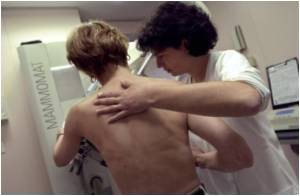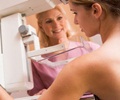A 'Star Trek'-style medical tricorder , developed Brit scientists can diagnose diseases such as breast cancer in minutes.

Named the CliniHub, the gadget features a number of "ports" into which samples are placed.
The samples react to chemicals inside the ports, which then change colour to denote diseases in the same way that a pregnancy test turns blue.
CliniHub has been developed by Cambridge Consultants in conjunction with US firm XenBio Fluidics, from California.
Patrick Pordage, from Cambridge Consultants, believes it could be "the future" for diagnosing diseases.
"We are very excited about the possibilities that CliniHub can bring to both patients and GPs across the world," the Scotsman quoted him as saying.
Advertisement
"The CliniHub could prove to be the future of disease diagnosis and we believe its applications will grow with time," he added.
Advertisement
Its developers predict it will soon be able to detect up to 20 ailments and become commonplace in GP surgeries.
When using the device, doctors insert a blood, urine or saliva sample into one of four USB-sized ports located on the side.
Each port contains a chemical "assay" that has been designed in the US to react in different ways when it detects different antibodies and diseases.
Source-ANI














